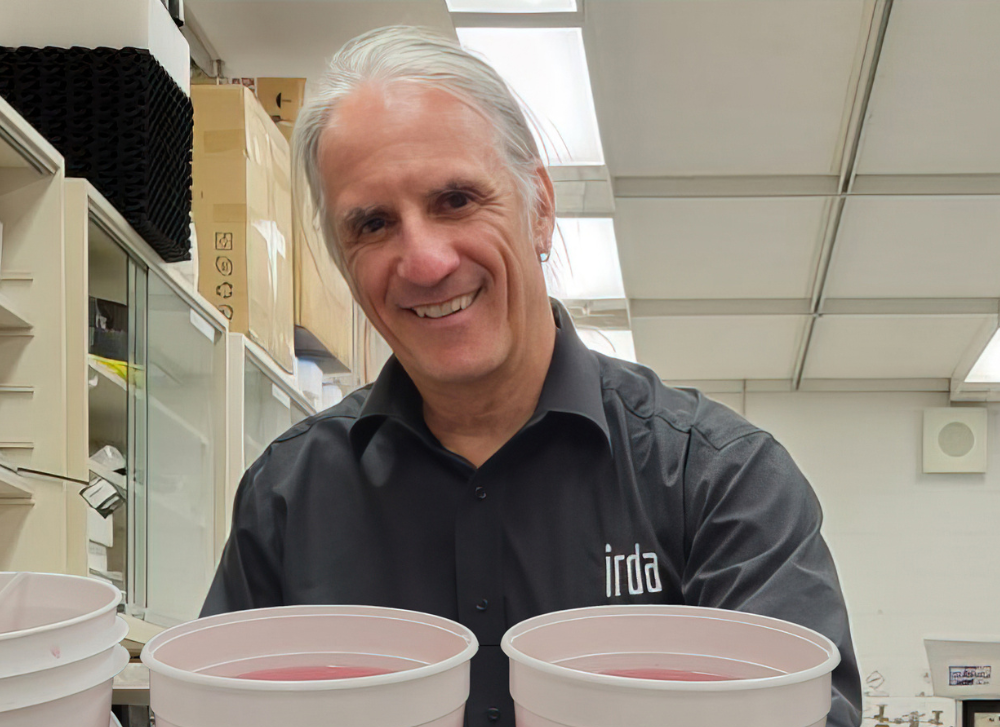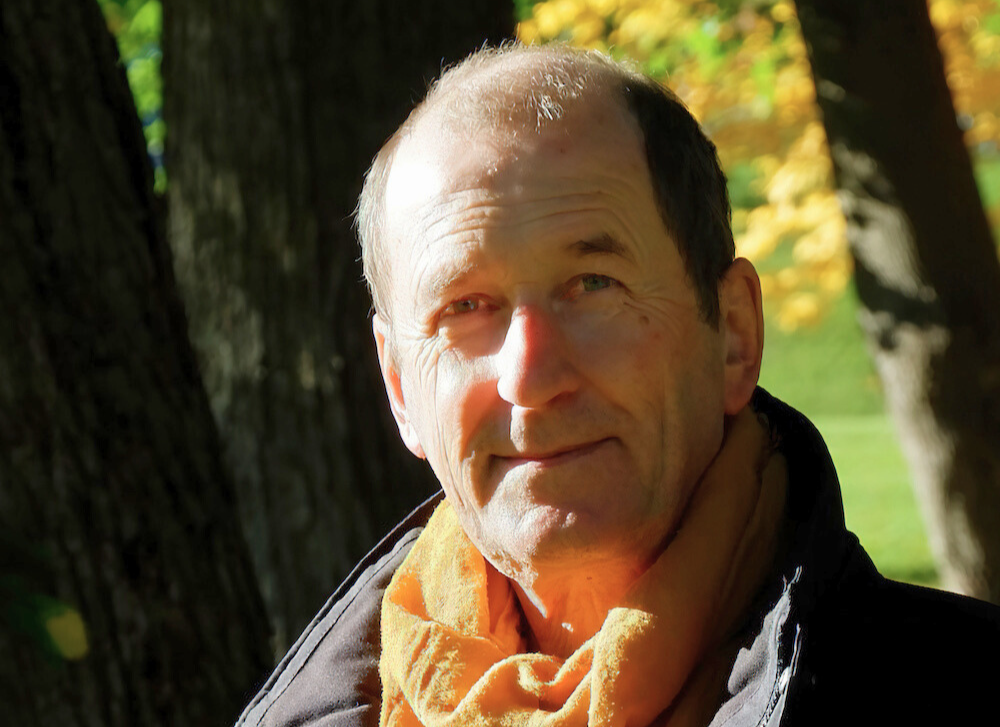The lot of women
Before even looking at the official statistics, we quickly see that girls are now more numerous than guys at universities. They also have more college diplomas. Does this mean that on the job market, women are finally occupying the place that should be theirs? Not so fast! Julie Francoeur, herself the holder of a master's degree in regional development and a doctorate in sociology, has just published Getting out of the row *, a work which explains and denounces the incredible lack of consideration of women in the agricultural world.
Originally from the small village of Saint-André-d'Acton, in Montérégie, Julie lived a good part of her youth in the countryside, but had never realized that all these women, absolutely essential to the smooth running and success of the family farms, were not reaping the credit that should have been theirs. As if they only counted for plums.
When she was in her early thirties, Julie Francoeur prepared her doctorate remotely from Bic where she had joined a collective farm. For two years, she learned to make large gardens and take care of animals. Then, in 2018, she learned that the Secretariat for the Status of Women was launching a call for projects to document the invisible work of women in agriculture. “My own experience and research in the field just made me realize that 30 years ago, there were no statistics on women in this field. Girls were not considered at all. » Doing neither one nor two, she plunges into adventure.
“Imagine. Even today, one in three Quebec farmers works in a family business without salary or shares. It is still not normal that the low prices of our food are partly the result of women's volunteer work. »
With a few colleagues, the co-founder of the Research Group on Agricultural Work (GReTA) at UQAM researched this file for three years. It was necessary to rethink and reread the social contract with a contemporary and feminist perspective to reflect on the functioning of this model which had not evolved since the Héon report of the Duplessis era. With the launch of his book two months ago, all this research will not have been in vain.
The 38-year-old researcher who also wears the hat of deputy editor-in-chief of the magazine New project keep hope. Knowing full well that the next generation does not have the millions it takes to establish themselves on large farms, she notes that they are turning more and more towards diversified agriculture on smaller plots of land. This allows more women to access the profession and gain the autonomy they demand to emerge from the shadow of Monsieur and become partners, or even fully empowered entrepreneurs.
In addition, according to certain studies, the decisions made by women are more ecological and more sustainable. In this era of climate emergency, this observation is intriguing and should perhaps not be taken too lightly.
If only her grandmother Rose was still in this world. Wife of a farmer and lumberjack, she would be delighted to know that in addition to dedicating her book to her, her granddaughter is defending her in a way posthumously. And we may not have seen everything yet. Encouraged by the interest her work arouses, Julie Francoeur would like to push a little further. After Madam, you have nothing! (Dagmar Teufel, NFB, 1980), who knows if she will not give us a documentary like Madam is served! ?
*Stand out – The place of women in agriculture
The editions of the stir






